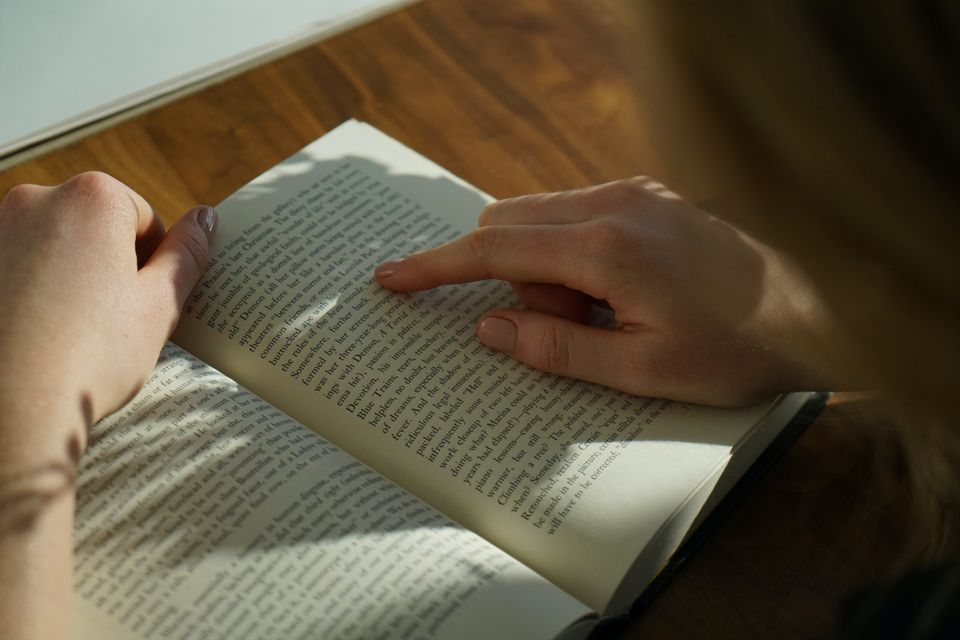How to Remember What You Read

There was a time in my life when I would quote Seneca from memory, I would recall my favorite passages from Sapiens, and I could seamlessly make connections to my favorite novels in conversation.
Today, I can’t do that. And I bet you can’t either. That part of my life was kind of magical. It was the epitome of actually learning what I set out to remember. I loved it, and I tried to optimize my systems to remember as much as I could.
I had Roam Research and Notion as my second brains. Fueled by my Readwise integration, which was powered by my kindle highlights, I thought I had my system optimized to a T.
But the more I optimized, the less I remembered. Because in my effort to store more and more in my second brain, I forgot its purpose — to give my first brain material.
The number of books I put on my Goodreads was a badge of honor. Switching from one book to another willy-nilly was a sign of getting more and more information. My second brain is now bursting at the seams while my first brain can’t even name the last 5 books that I read.
Here’s the “radical” idea powering my new strategy for learning more: learn less.
The Computer & The Brain
Computers are awesome. You give them information, and they’ll hold on to it. As a student of computer science, I’ve fallen in love with computers’ ability to automate complex tasks and give humans more time to spend on what they care about.
This is how the second brain movement got me. “The human brain is made for creativity!” they said. “Let it do what it does best and let the brain do the remembering.”
They’re right. But the mechanisms created to facilitate this creativity are failing.
You can throw as much information as you want into your Roam research or Notion. But unfortunately, as much as these tools suggest that they will reintroduce these ideas to you, they really won’t on their own.
If you want them to, you have to spend a long time on maintenance. There are two reasons for this:
- You will only remember the information if you create with it. If you’re not actively intertwining it with other ideas in your brain, it won't stick.
- These systems depend on connections being created within them. You have to connect ideas within them to create a second brain.
Where We Went Wrong
So, why with all my knowledge shoved into my second brain, is my recall much worse?
Because it’s easier to read, harder to connect.
It’s incredibly easy to pick up a new book, consume information, and move on to another. It’s tempting, and I’ve done it many times.
It feels productive — it feels like you’re learning at an incredible pace. You’re not, though.
Even if your highlights are being saved, you’re not going to revisit them unless you are intentional about doing so. You feel like you’re fueling your brain but you’re simply letting information fly in one ear and out the other.
No progress is made. To truly learn what we read, we have to slow down. The number of books you read can’t be a badge of honor.
There’s millions of books out there — you’re not going to read them all. What matters is reading the right books, and reading them slowly.
Where We Should Head
As much as I hate book discussions at college, they can be pretty helpful in cementing the contents of the book into your brain. Often not because of the discussion itself but instead because of the sheer amount of time you are spending with the material.
You analyze it from multiple lenses, you create with it. And the learnings stick. They can’t not. You don’t simply read it and move on — you actively try to piece it apart.
Why don’t we do the same with the books we read on our own?
The literary discussions we had in school disillusioned many of us. But when it comes to non-fiction, we need to slow down with the text. For the majority of human history, there were no books. When we started producing them, you were lucky if you got your hands on even one.
The brain isn’t designed to handle the volume of information we get each day, never mind from all the books we read. If there’s a lesson we want to remember, we have to interact with that lesson. We have to incorporate it into our daily lives. And this can only happen if we learn less. We slow down.
To learn more, learn less.